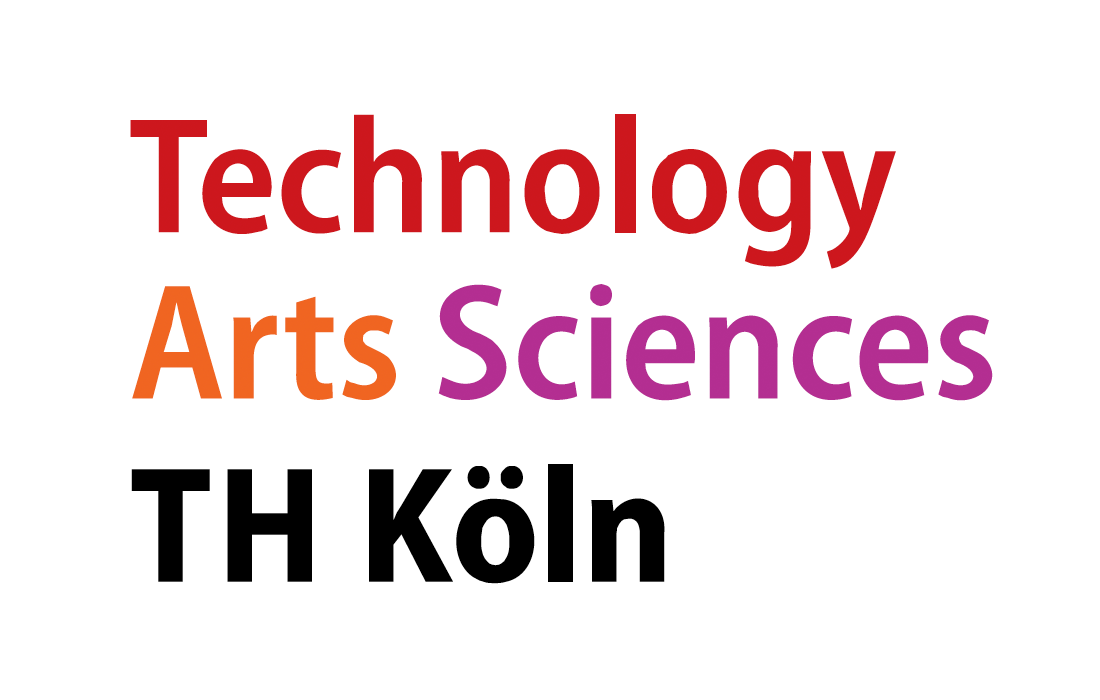Mapping to Focus Areas
Below, you find the module's mapping to the study program's focus areas. This is done as a contribution to all relevant focus areas (in ECTS, and content-wise). This is also relevant for setting the module in relation to other modules, and tells to what extent the module might be part of other study programs.
| Focus Area |
ECTS (prop.) |
Module Contribution to Focus Area |
| Generating and Accessing Knowledge |
3 |
Students are able to recognize and evaluate the special features of research in social networks and use them for their own interests in a targeted manner. They can assess and check the quality and seriousness of images, videos and information.
|
Learning Outcome
- Students …
- are able to recognize and evaluate the special features of research in social
networks and use them for their own interests in a targeted manner
- can assess and check the quality and seriousness of images, videos and information.
- by
- learning to know and use special platforms, as well as special search engines
and monitoring tools.
- in order to
- be able to use social media for professional aspects such as reputation management,
researching new studies and products, finding experts or even crowdfunding / crowdsourcing.
Module Content
- Characteristics and terminology of (social) networks
- Types of platforms
- Specifics in research / seriousness (fake news / bots)
- Special platforms for videos / wikis / copyright-free material ….
- Monitoring tools and special search engines (e.g. image duplicates, sounds, scientific DBs)
- Search strategies
Lecture, seminar teaching
Literature
- Current literature will be announced at the beginning of the course.
